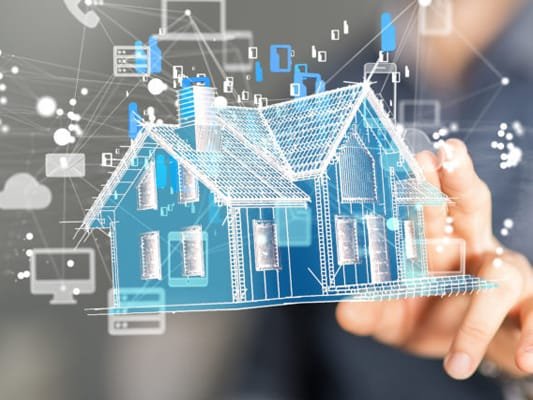In a recent report unveiled by Prudent Markets, the trajectory of India’s Home Automation Market 2024 indicates a significant leap in growth potential, with projections envisioning a remarkable surge in market valuation by the year 2026. Presently valued at $1,790.9 million in 2018, the market is anticipated to skyrocket to $13,574.1 million by 2026, demonstrating an extraordinary Compound Annual Growth Rate (CAGR) of 29.8% over the forecast period spanning from 2019 to 2026.
This substantial upsurge in the India home automation market can be chiefly attributed to the swift advancements in cutting-edge technologies, notably the Internet of Things (IoT) and artificial intelligence (AI). These innovations have paved the way for the emergence of home automation systems, colloquially referred to as smart homes, enabling consumers to remotely control various appliances and devices through smartphone applications. With a predominant emphasis on bolstering home security, surveillance, and safety, these systems encompass a diverse array of functionalities, including smart lock systems, surveillance cameras, and smoke detectors.
Furthermore, the market’s robust growth trajectory is bolstered by the escalating demand for energy-efficient solutions and the burgeoning emphasis on safety and security within residential spaces. Additionally, factors such as the surge in disposable income and government initiatives aimed at fostering the development of smart cities are poised to significantly contribute to the expansion of the home automation market in India.
Despite presenting immense growth opportunities, the market encounters certain impediments, including high installation costs, wireless connectivity issues, and the absence of standardization of smart home devices. Nonetheless, key market players are proactively introducing innovative solutions and automation modules to address consumer demands and surmount these challenges.
As the home automation market continues to evolve, it undergoes segmentation based on products, technologies, and end-users, thereby catering to a diverse array of consumer needs spanning across residential, commercial, and hospitality sectors. This evolutionary trajectory underscores the transformative potential of home automation in reshaping the dynamics of modern living in India.


